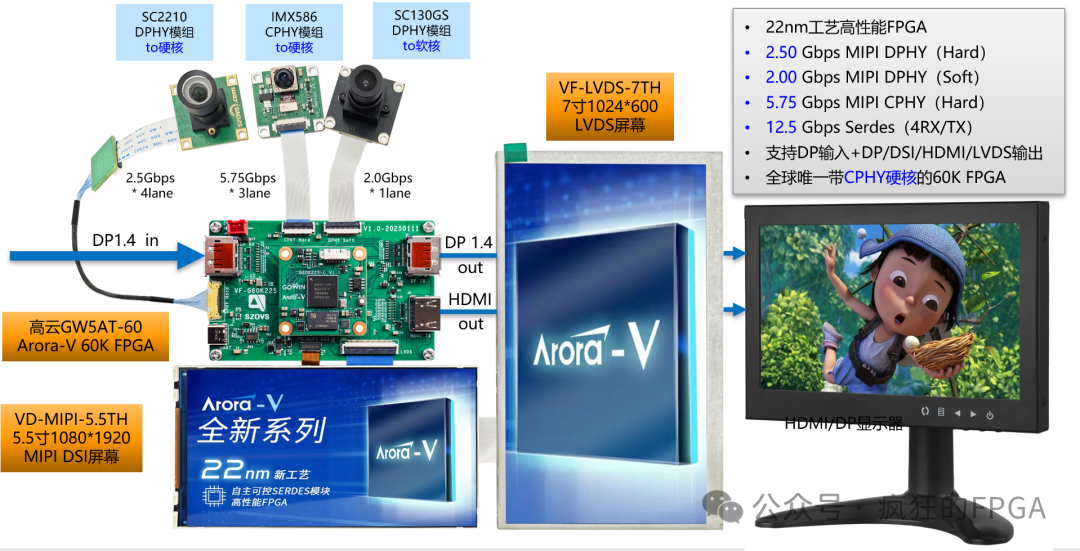
Arm China’s Chairman and CEO Allen Wu pointed out that China has a strong need for localization and ever-increasing intelligent computer in chip design. He explains how ARM China deals with it in a recent video interview with JW Insights.
Following is the part of his video interview text on this topic.

Q: What’s the key to success to thrive in the Chinese market?
A: The Chinese market has several distinctive features. The first is that it is a very large market, worth more than $400 billion. The second, more importantly, local brands of system and system products are taking up greater and greater portions, now it has exceeded 30%.
Another feature is that the local market has great traction, and there is a huge consumer market for electronic products.
So China’s industry has the opportunity to develop unique features and market in chip design and chip products.
So as a core IP supplier, how to support local manufacturers? The vigorous development of applications in China has resulted in rapid brand development of local OEMs, which has further promoted the demand for chip variation.
Variation of chip demands will also be transmitted to IP demands. Therefore, Arm China has two main tasks. Firstly, how to optimize and customize the IP of Arm’s general CPU processor for local applications.
Secondly, in terms of domestic needs, especially the ever-accelerating development of intelligent computing, how to provide IPs that are more suitable for the market demand? In other words, from the perspective of the industry, we see more and more chips with unique features.
This feature has two parts, one of which is related to Arm’s general-purpose CPU. While the second part is based on our self-developed architecture.
For example, in the CPU market, we see that more data processing capabilities must be added to the CPU, not just the traditional capabilities of control units. Therefore, our STAR CPU strengthens its capability of digital processing. We have seen great success in this area, and we have shipped more than 100 million units in 2021.
And then the products in intelligent data flow such as NPU, video, and ISP. So far, we have more than 20 tape-outs.
The reason why we launched Core Power is because we found data processing a core demand in a huge Chinese market, and this is not Arm’s strength.
Q: What is the demand pain point in the Chinese processor market?
A: There is a huge market for intelligent data flow processors based on the neural network processor. We see a huge demand in this market, but it faces two problems. The first is that the market has just started, and it is a relatively fragmented market. The second is that it needs not only an IP but also a broad ecosystem in this market.
We do two things in the process of localization, and the first is the localization of products.
For system vendors like Xiaomi, OPPO, Huawei, their devices have already been very localized. As we have seen in the last year, chips are becoming more and more localized, so IP has to be localized as well. We sincerely believe that the Chinese market will be the largest semiconductor market in the future, and every IP vendor could be the largest player as long as they serve the Chinese market well. Therefore, the original intention of Arm China is to serve China’s semiconductor industry and build a localized self-developed architecture.
Secondly, intelligent data processing needs an ecosystem, not just IP, not just chip, it needs software, the whole ecosystem, and so on.
We must build an ecosystem for the entire industry, so that chip or system vendors can reduce the development process by 30%, 40%, or 50%, from maybe one and a half years, two years in the past.
In this way, we can speed up the pace of product R&D, and reduce the cost of customization development. This is the key point for us to launch Core Power.
Core power has several features. Firstly, it is mainly based on the NPU of our self-designed architecture. Secondly, its instruction set was first launched in China but is open-source all over the world.(校对|WM Zhang)









